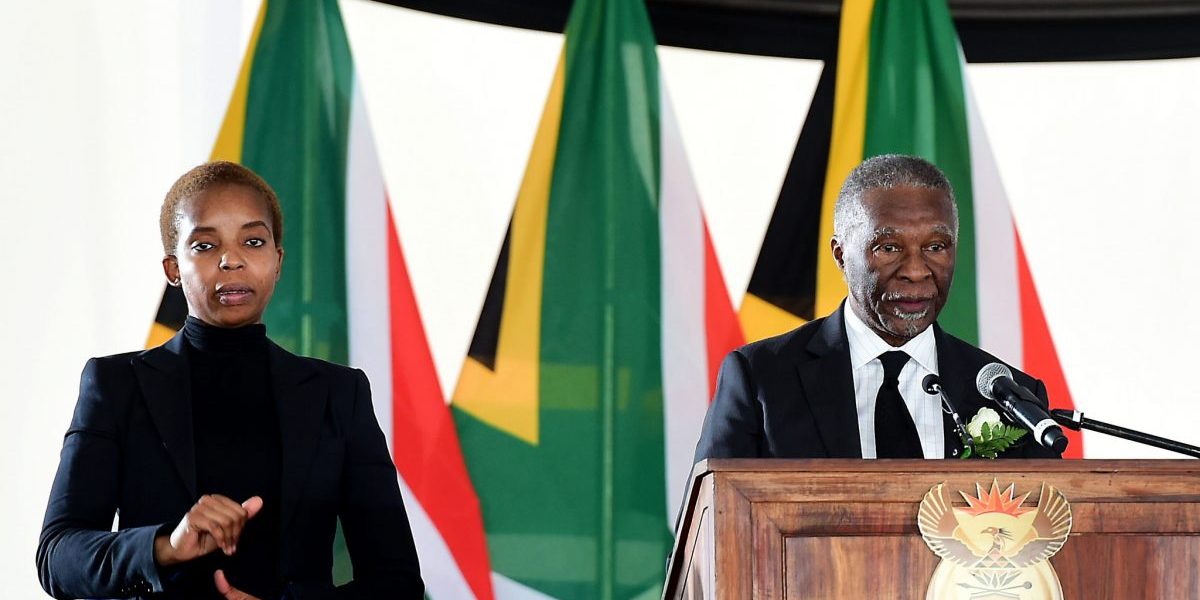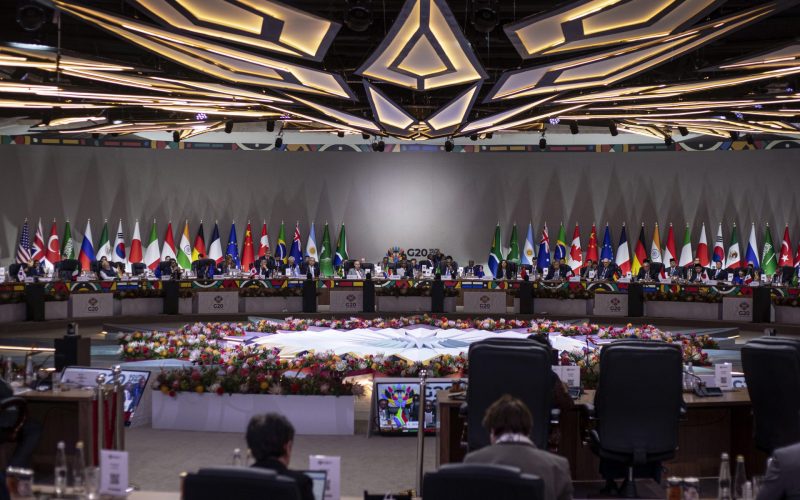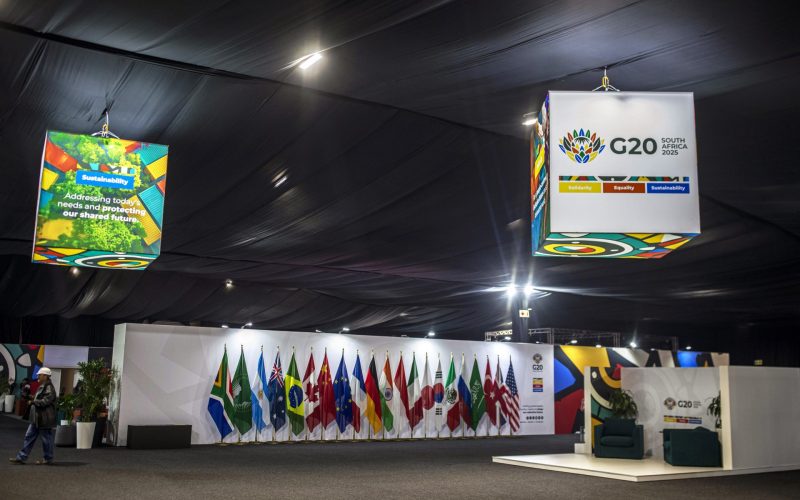This historic bond continues to shape relations between the two countries. Recently, President Zuma led a high-powered delegation that included 200 businessmen to India, signaling the seriousness with which South Africa takes its foreign relations with this country.
Similarities between the two countries are difficult to ignore. They both boast a rich history of liberation struggles. Race and ethnic plurality characterise their societies. And they are vibrant democracies that command international standing.
As the two countries reflect on 150 years of shared history, it might be useful to trace the parallels between the two states through the legacies of Thabo Mbeki and Jawaharlal Nehru — two leaders who had a major influence on their countries’ post-independence foreign policies. Both men were driven by ideas and viewed themselves as possessed of a historic mission to change the international order.
Nehru and Mbeki had the fortune of standing on the shoulders of giants such as Gandhi and Mandela respectively. Much like Mbeki blossomed after Mandela left office, Nehru was able to come out of Gandhi’s shadow only after the latter’s unfortunate assassination. Paradoxically, both Mbeki and Nehru, though admiring of their predecessors, were more ideologically apart from them.
These two leaders completed their education in Britain and were strongly influenced by leftist Western ideologies, in particular, Fabianism in the case of Nehru, and Marxism for Mbeki. However, both were deeply aware of their own cultural histories — a dynamic that framed their responses to colonialism.
Thus, a natural endearment to Western thought and a strong consciousness towards local histories resulted in their characteristic ambivalence towards the West: They were at once enamored with the West, yet harbouring skepticism towards it; deeply critical of it, yet greatly influenced by the streams of knowledge flowing from the West.
It is mainly in the foreign policies of their countries that Nehru and Mbeki’s imprints are of lasting significance. Both leaders navigated a foreign policy space in an international system going through major changes. Immediately after India attained its independence in 1947, the country was faced with the prospects of choosing between the two world poles at the time — the US–centered Western bloc, and the Soviet Communist bloc. South Africa too experienced its democratic moment at a time when the global system was going through seismic shifts from a bipolar order to a transient unipolar world dominated by the US, and with Western–driven globalisation as the only game in town.
In such a constrained international system, India and South Africa’s foreign policies under Nehru and Mbeki respectively cut an independent course. Nehru propounded a grand idea of non-alignment; Mbeki opened a whole new discourse on African renaissance, creating a space for confident engagement with the West while contributing to setting out new outlines of the emerging global order that places emphasis on multilateralism.
Yet both leaders were misunderstood in their countries and abroad, and their ideas did not lend themselves to easy acceptance. Non-alignment for a lot of people, including the then US Secretary of State John Foster Dulles was read as neutrality — somewhat of a crass reading of the situation. For others it was pure utopianism that did not stand a chance of success in a world that was seen as an anarchic jungle.
On the contrary, non-alignment was a call for active engagement by the decolonised states in world affairs, and this was different to the kind of neutrality professed by the Swiss and the Scandinavians. It had a transformative thrust. Its main preoccupation was to effect changes in the international order in ways that did not conform neatly to either of the two superpowers.
Similarly, Mbeki’s African renaissance has been a greatly misunderstood idea. While some saw it in terms of making Africa essential and as a return to tradition, others merely frowned upon it as another neo-colonial agenda. Both perspectives are wrong. African Renaissance was an organic concept encompassing political, economic, cultural, social and psychological dimensions.
African renaissance did not concern itself with taking Africa back to nostalgic old times. Neither did it romanticise the post-colonial era. On the contrary it sought to draw lessons from Africa’s traditions and its past, while also seeking to integrate the continent into global structures of production and trade, on more beneficial terms. Mbeki evoked the past to magnify the contradictions of the moment either along race or along North-South divide; and to make a case about a different future.
The similarities between Mbeki and Nehru do not stop there. Their vehement quests for an enhanced international pedestal for their respective countries often seen as ‘punching above their weight’, their natural comfort at international stage, their nuanced understanding of power, their efforts to write their own different scripts of international power relations, and their appreciation of democracy and modernity are some of the common threads that link them. Indeed these two leaders shaped their countries’ foreign policies in the most powerful ways.
Just as Nehru made India an important player in the world, Mbeki secured a similar status for South Africa. By elevating South Africa to the global stage, through active participation in forums like India-Brazil-South Africa (IBSA), World Trade Organization, the G-8 outreach process with developing countries, and the G-20, Mbeki has ensured that South Africa is a respected global actor. These two leaders left a repository of knowledge and a sterling legacy that both India and South Africa can continue to draw upon as they traverse treacherous foreign policy course in a world that is becoming complex and fluid.








